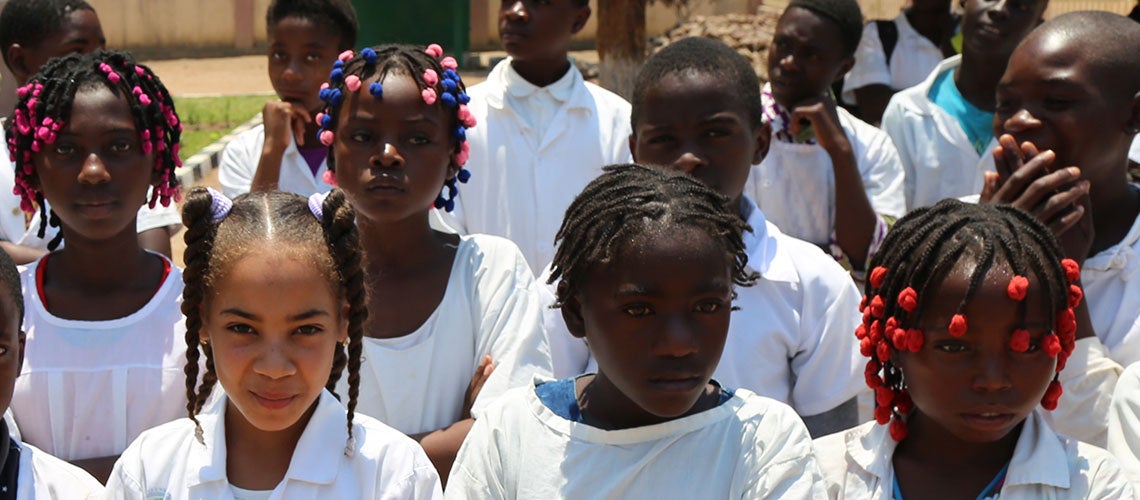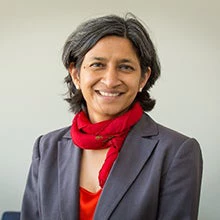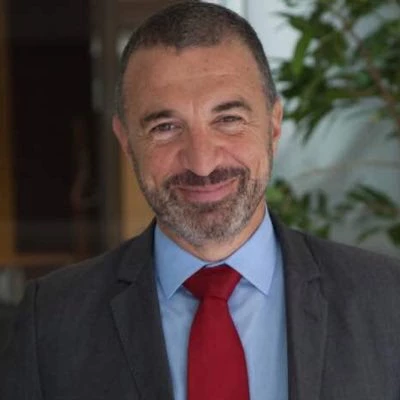 School # 98, in Quipungo, Huila Province. Photo: Wilson Peril Mbanino Piassa/World Bank
School # 98, in Quipungo, Huila Province. Photo: Wilson Peril Mbanino Piassa/World Bank
Whether we seek to reduce poverty, boost economic growth, or otherwise increase the welfare of Angolans, the starting point is the same: empower girls. In fact, keeping girls in school and making sure they learn will probably do more for Angola’s future than any other public investment. This is especially true today, with COVID-19 (coronavirus) school closures poised to further accelerate the dropout rate among adolescent girls in Angola.
First, keeping girls in school will help trigger a demographic dividend, which occurs when the productivity gains from having a growing labor market are timed with a falling dependency ratio, that is, fewer children and elderly to care for per worker – and when economic growth consistently outpaces population growth.
Angola’s gross domestic product (GDP) per capita is estimated to reach about $6,300 by 2054 (assuming a business-as-usual scenario), it could instead reach more than $24,000 by investing more in education, family planning, and the economy. This four-fold increase in the average income represents a historic opportunity for reducing poverty; it is predicated on ensuring that a greater number of girls stay in school longer and learn more.
Second, extending the education of girls is the best policy instrument for achieving Angola’s commitment to ending child marriage, enshrined in both the African Charter on the Rights and Welfare of the Child and the International Convention on the Rights of the Child. In addition to being an issue of human rights, this is especially important since Angola ranks third worldwide in adolescent pregnancies. Keeping girls in school is not enough: we need to improve their access to sexual and reproductive health services, including contraception.
Perhaps more importantly, we need to work with boys too – to make sure they have the requisite knowledge to take informed decisions and have access to the Sexual and Reproductive Health (SRH) services that will enable them to lead responsible lives. The recently approved Girls Empowerment and Learning for All Project seeks to do just that, working through non-governmental organizations to implement the government’s adolescent health strategy.
However, for girls to truly reap all the benefits of education, schools in Angola must be made safer. One in four girls ages 15-19 years old report having been abused physically or sexually in Angola, some of which occurs in or enroute to school. This is simply unacceptable – schools must be beacons of safety and peace. Safer schools require adequate policies and actions to be introduced. For starters, we need to send a signal of zero tolerance for teachers and students that are perpetrating sexual abuse in schools. This means prosecutions and convictions by the judicial system. We’ve seen some action, but not nearly enough.
Second, we need safe transport systems to get girls to and from school. This is not easy to organize nor finance, but it is an investment that will pay for itself many times over, as has been seen in other countries. Low-cost options such as walking school buses and massive bike distributions could inspire innovations tailored to the varied Angolan contexts.
Finally, we need to directly support girls and their families financially to better incentivize their attendance. The scholarship program being announced as part of the Girls Empowerment and Learning for All Project is a first step in this direction, complementing the country’s Kwenda program. The government of Angola will invest $110 million dollars over the next four years, benefiting 900,000 young Angolans. These types interventions have already proven to not only increase attendance, but even learning.
Investing in girls’ empowerment is likely the single greatest investment Angola can make to reduce poverty. Schools must be as safe a place as any for girls. Teachers must be better prepared and supported to achieve the government’s learning goals. With strong leadership from Angolans in government, civil society, and communities, an entire generation of girls will raise their aspirations and reap the opportunities before them. The current quartet of female ministers leading the ministries of finance, education, health, and social action, family, & women’s empowerment are prime role models to future generations.
Girls’ empowerment is the starting point for many possible pathways; and for Angola as a whole, it’s the best road toward future prosperity.



Join the Conversation